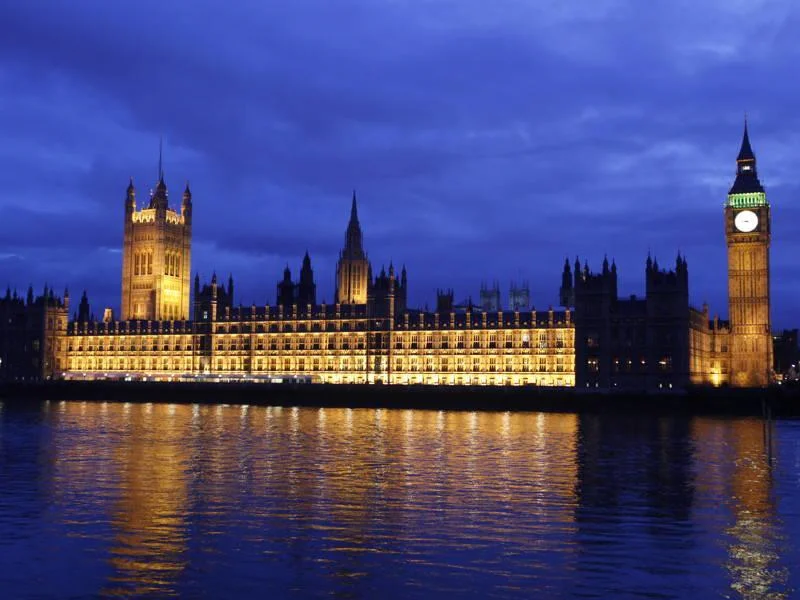LSE Pollsters win the day

Two LSE academics developed the only polling model to correctly predict a hung Parliament in the UK general election, where other pollsters and forecasters were predicting a Conservative majority.
Dr Benjamin Lauderdale, Associate Professor in the Department of Methodology, and Dr Jack Blumenau, post-doctoral Research Fellow, worked with Doug Rivers and Delia Bailey of YouGov to build the model after the election was called. Their analysis accurately predicted the disappointing outcome for Theresa May, who decided on a snap election when polls pointed to a landslide result.
The forecast of a hung parliament was first posted on the YouGov website nine days before the election and made the front page of The Times, but was greeted with widespread scepticism by politicians, journalists and other experts. Jim Messina, who advised the Conservatives, called it 'idiotic' and Iain Dale, the Conservative blogger, ridiculed it on Newsnight.
Dr Lauderdale explained how he spent the days running up to the election feeling anxious. "Our findings were very different from everyone else’s and you can never be very confident when everyone else is telling you that you are wrong. The kinder commentators said we were ‘brave’ which was pretty clearly a euphemism for ‘crazy’. However every time we looked into the differences between what we were assuming and what others were assuming, we felt that we had made sounder assumptions.
"On the night, the exit poll at 10pm was obviously a good moment, but even that could have been wrong. As the results came in, it became increasingly clear that our predictions were not just accurate overall, but had captured many of the more striking constituency-level results. An especially good moment was the Canterbury result - the Conservatives lost it for the first time since the constituency was created in 1918 – we had received particular criticism for predicting that one. We got to enjoy the success of our poll over many hours on election night, but the overwhelming feeling is still one of relief."
Doug Rivers of YouGov approached Dr Lauderdale to work on the 2016 EU Referendum because of the problems of the polling in the 2015 general election when everyone wrongly predicted a Labour win. Their analysis consistently showed Leave winning when other polls predicted Remain.
Dr Lauderdale added: "We are still absorbing the results and trying to understand where the model performed well and where it performed less well. But the general picture is clear: the model was a huge success in an election which most politicians, pollsters and commentators got badly wrong.
"LSE’s Department of Methodology has a strong interest in elections, particularly British elections, and we hope this will help us gain more recognition. My colleague Jouni Kuha, an Associate Professor in the Departments of Methodology and Statistics, was part of the team analysing the data for the exit poll on election day, which was once again spot on the final result. Certainly, a lot of people are interested in talking to me at the moment about future work, and with the strong possibility of another general election coming soon, I am sure we will be very busy."
For more detail on how and why the model worked: https://yougov.co.uk/news/2017/06/09/the-day-after/